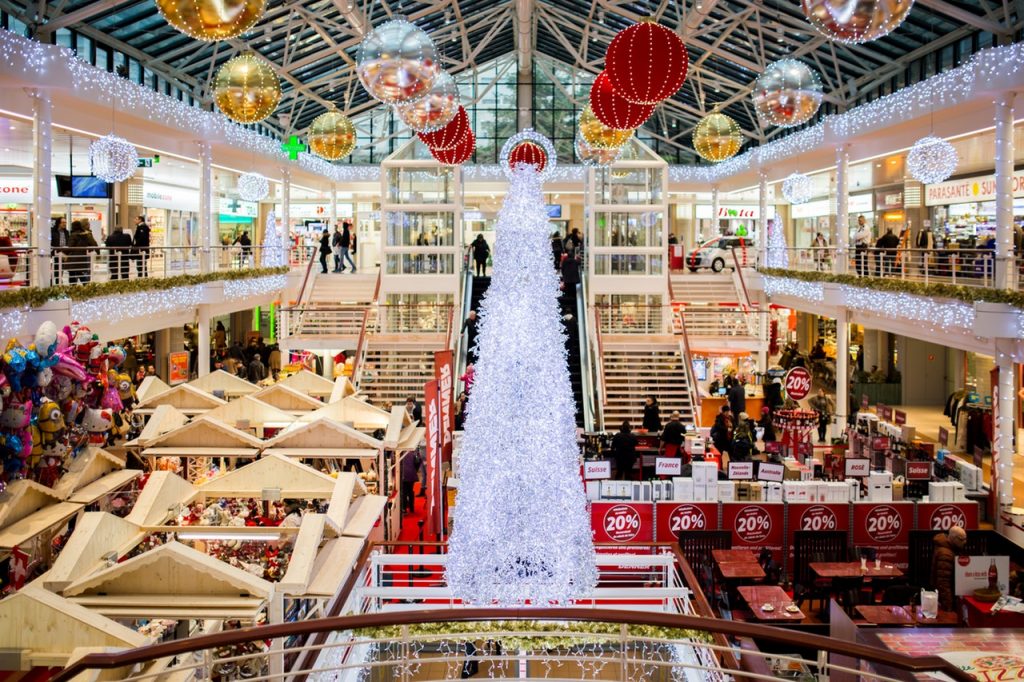Types of Outlets Found in a Shopping Centre

Brands come with a certain prestige, especially if the name suggests quality. In a society where brand names are associated with personal honor, owning a branded commodity or accessing an exclusive service is emotionally rewarding. But does everyone have access to full-priced branded stuff? Obviously not.
Manufacturers know that not every person can afford their high class goods. So, how do they give you the satisfaction of purchasing an exclusive? By setting up outlets; those stores that offer end-of-line sales or lower quality branded commodities for a lesser price, intending to give the customer a taste of the brand-name prestige. From a service perspective, outlets bring the amenity closer to the public with lower prices than they would have to pay at the main branch.
Outlets are common in shopping centers where there is a flow of customers browsing the variety of commodities sold in retail stores, retail outlets and outlets. Whereas retail outlets and stores may stock goods from multiple brands, outlets are specialized in a single brand. Focus on a single brand also defines the type of outlet. We consider 5 types of outlets.
- The specialty outlets
Since they focus on a specific brand, all outlets are by nature specialized. Our focus, however, underscores the fact that most outlets focus on merchandise or service for which customers have a special attention. Customer focus on these brands may also be determined by demographic factors such as gender and social class. The common categories of goods that outlets may specialize in include cosmetics, men and women clothing, sportswear, footwear, jewelry, electronic appliances, toys, bags, books, and food stuffs like bakery and meat products and soft drinks among other.
- Dollar stores
Certain outlets are unique for fixed but low prices on end-of-line or lower quality branded commodities. They are dubbed dollar stores specifically because they have fixed prices for the merchandise. Sometimes, the store will go by the name of the fixed price. For example, an outlet stocking branded sneakers may sell every pair for $50 and so be known by the ‘50’ outlet.
- Counter service outlets
These are outlets that sell a brand commodity but do not allow the customer to browse through the goods. The sales person takes the clients order and provides the good at the counter. This is especially common for brand commodities that are uniform like sportswear where difference is only in the size or color.
- Warehouse outlets
Within the shopping mall, warehouse outlets are those that sell branded commodities in relatively bulky quantities but smaller than those sold at the manufacturer. Customers interested with warehouse outlets are those who have brick and mortar store for the sale of the same commodities.
- Service outlets
Service outlets are a core component in shopping centers. They sell services rather than goods. These include food and beverage outlets which may specialize in foods such as pizza and chicken or beverages such as coffee. Other service outlets that may be set in shopping malls include fitness and medical services which are usually a subset of a bigger business.
Baseline
The shopping center can be home to many outlets that help customers to access brand-named commodities they would otherwise not afford if they had to buy them full-price from the manufacturer. Setting brand outlets in shopping malls allows the owner to benefit from the existing flow of customers who come to seek a variety of other services within the mall.




